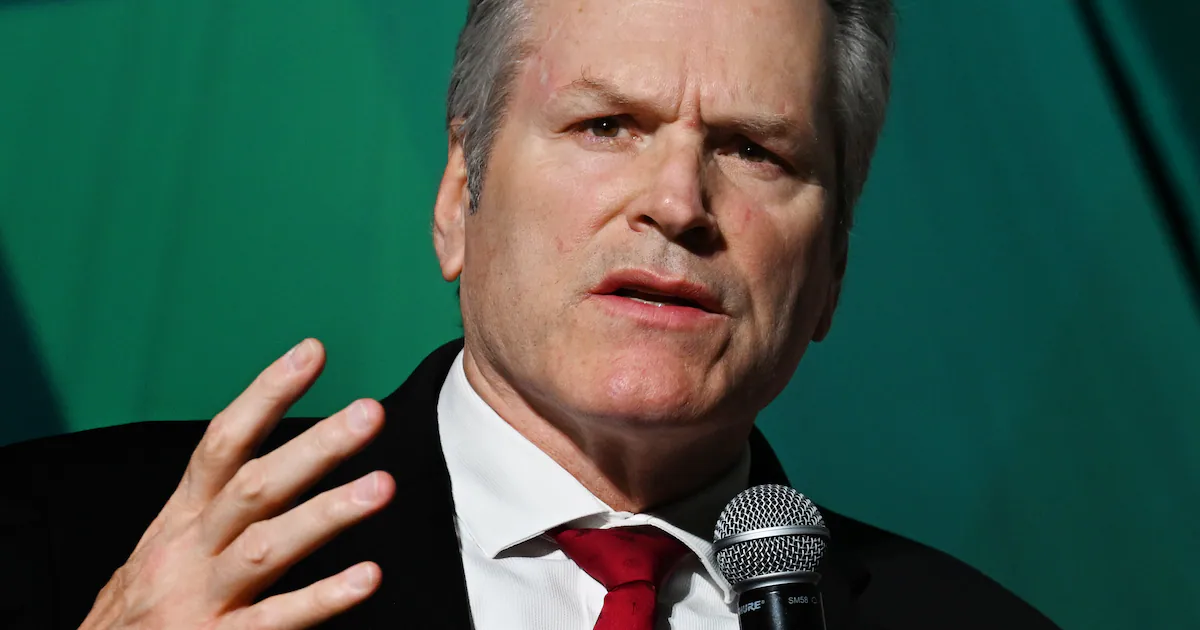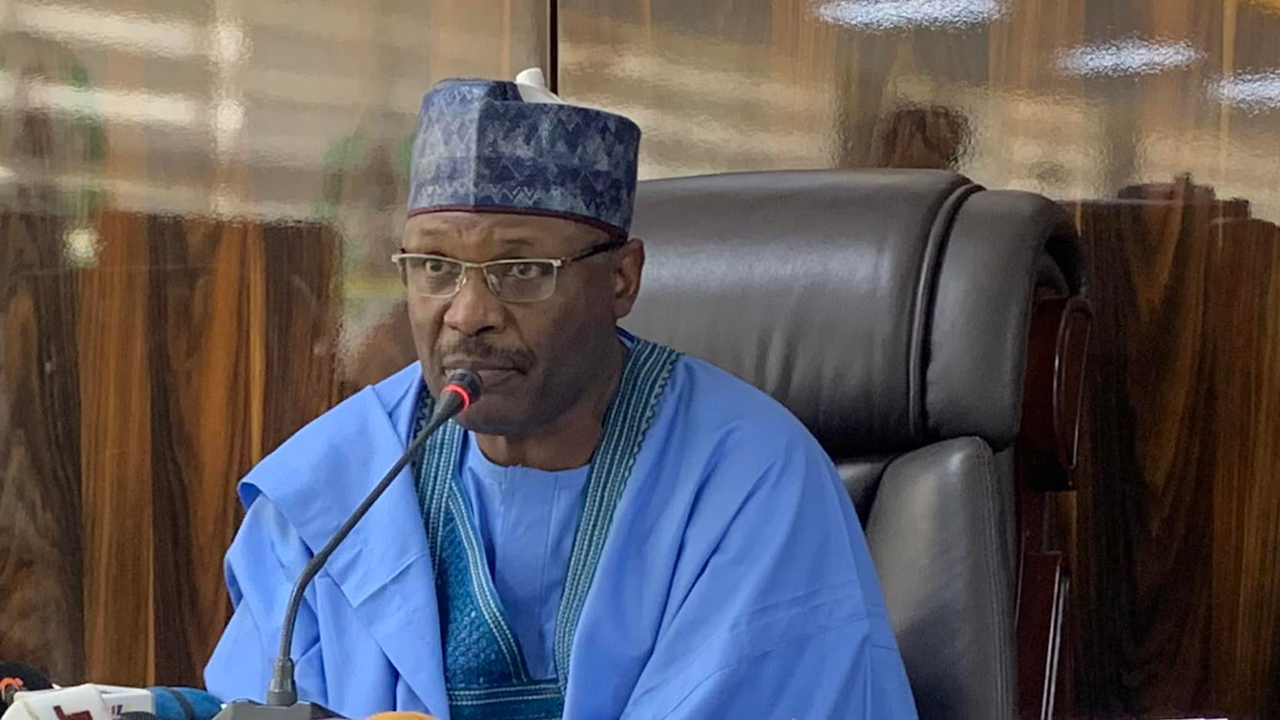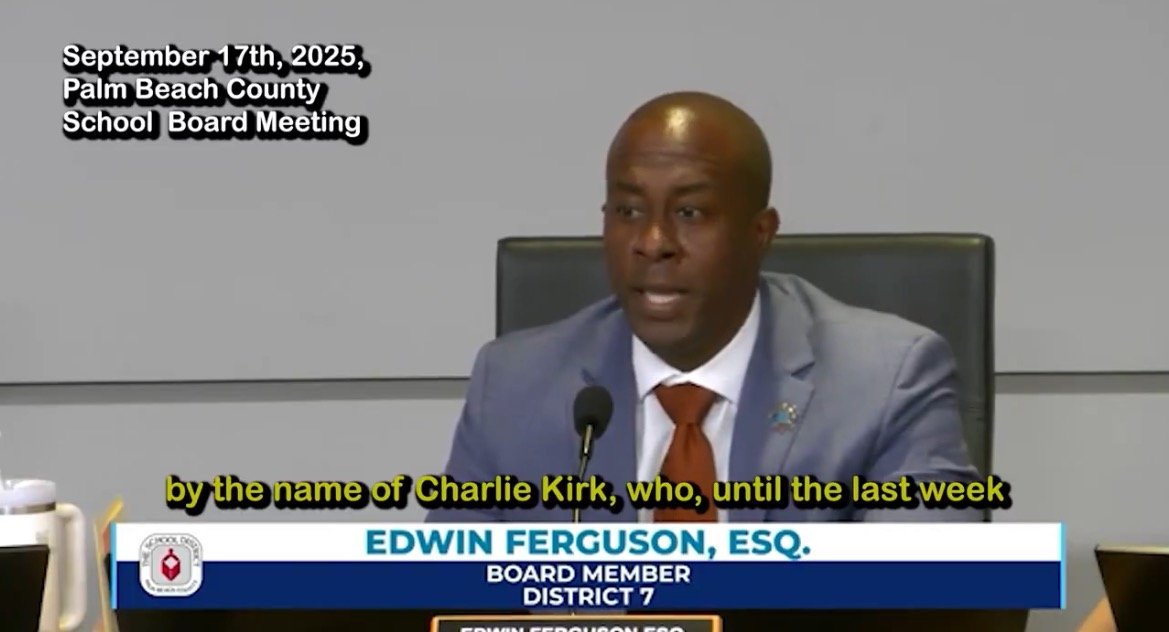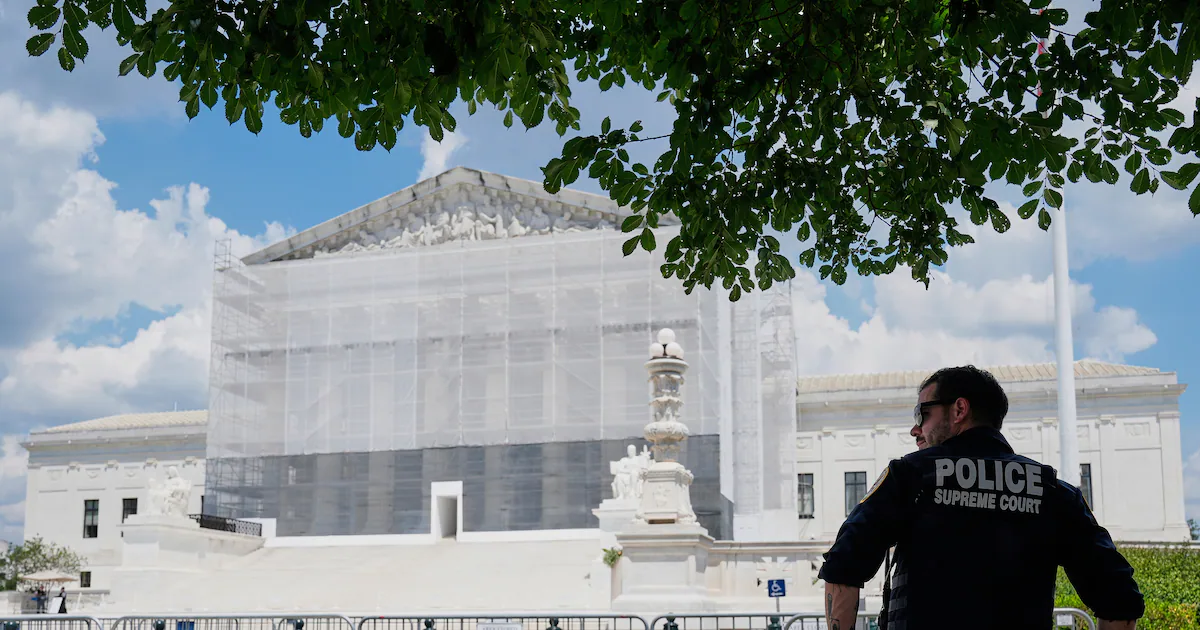
Alaska Gov. Mike Dunleavy on Monday vetoed Senate Bill 54, a bill that sought to extend and expand the duties of the State Board of Registration for Architects, Engineers and Land Surveyors, including licensing interior designers.
Sen. Matt Claman, D-Anchorage and the bill’s sponsor, said he learned of the veto Tuesday and said it could come up for an override vote in January, when lawmakers convene for the regular session.
As written, SB 54 would have allowed interior designers to register with the board, enabling their work on large, public-use projects to be submitted to permitting agencies without an engineering review.
In his veto message, the governor said the bill does not define “interior design,” and said “there is no public safety rationale for creating a new title and bureaucracy. The expansion increases cost and confusion without a demonstrated benefit.”
Claman said the bill deliberately left the definition of “interior design” to the board as part of a legislative compromise.
The governor also offered two other reasons for his veto, saying that one section could eliminate the state’s ability to select contractors on price, and that another section could require residential wastewater work to be done by licensed professional engineers, increasing costs for housing.
Claman said the governor’s reasoning appears to be based on different legal interpretations than ones he relied upon when drafting the bill.
“Obviously, I was very disappointed,” he said of the governor’s veto. “I can’t say I was expecting it, but I just wasn’t sure where the governor was.”
The governor’s veto of SB 54 is his eighth veto of a policy bill so far this year. Two of those vetoes have been overridden. While the number of vetoes is low in absolute terms, it represents a record-high percentage of vetoed bills.
Lawmakers passed 33 bills through both House and Senate this year, meaning the governor has vetoed almost a quarter of all passed bills. No other governor has come close to that veto rate.
One bill remains pending on the governor’s desk. That’s Senate Bill 113, which would boost vocational-technical education and student reading programs with proceeds from a revised state corporate income tax.
The governor has previously expressed skepticism of the bill, and at a news conference in May, he implied he would veto it. That was before lawmakers overrode his veto of a separate bill that allocates funding from SB 113 to education projects.
Dunleavy has until Oct. 1 to decide whether to veto it, sign it, or allow it to become law without signature.



